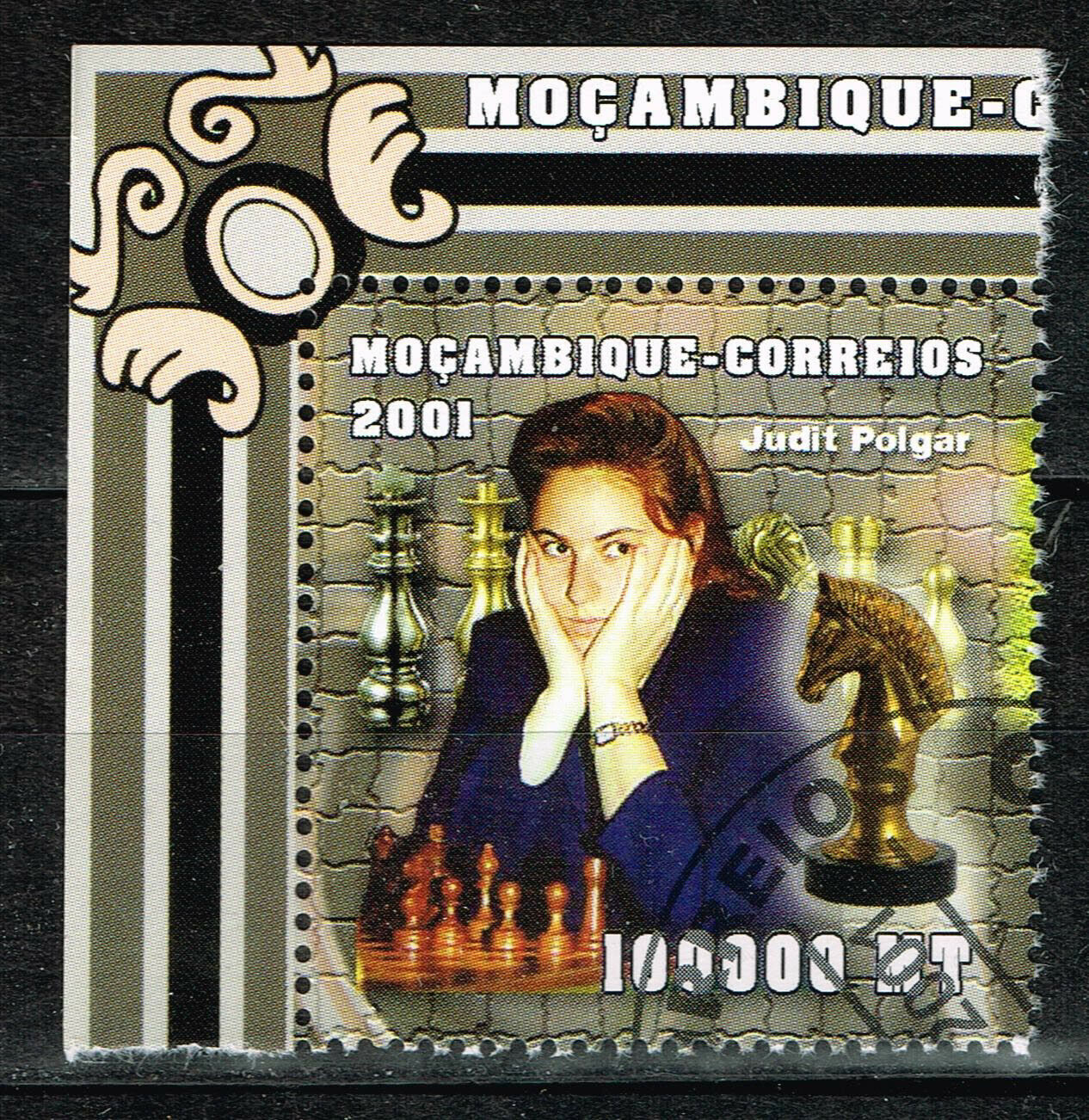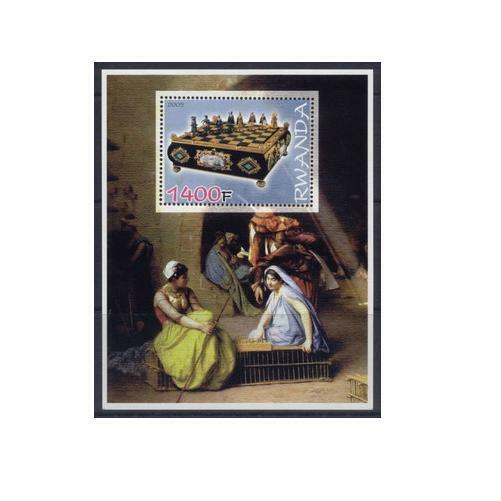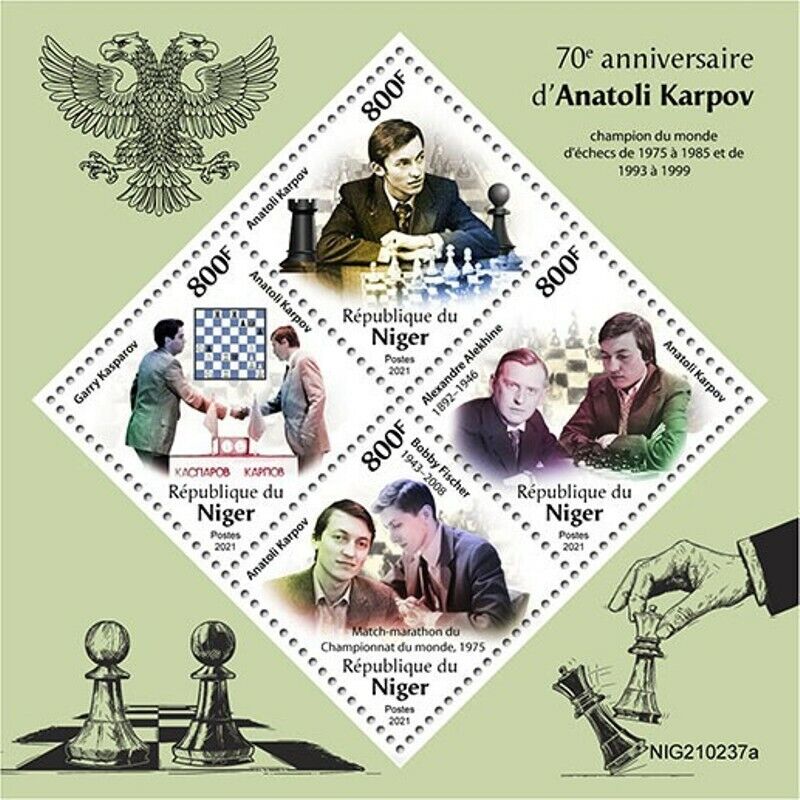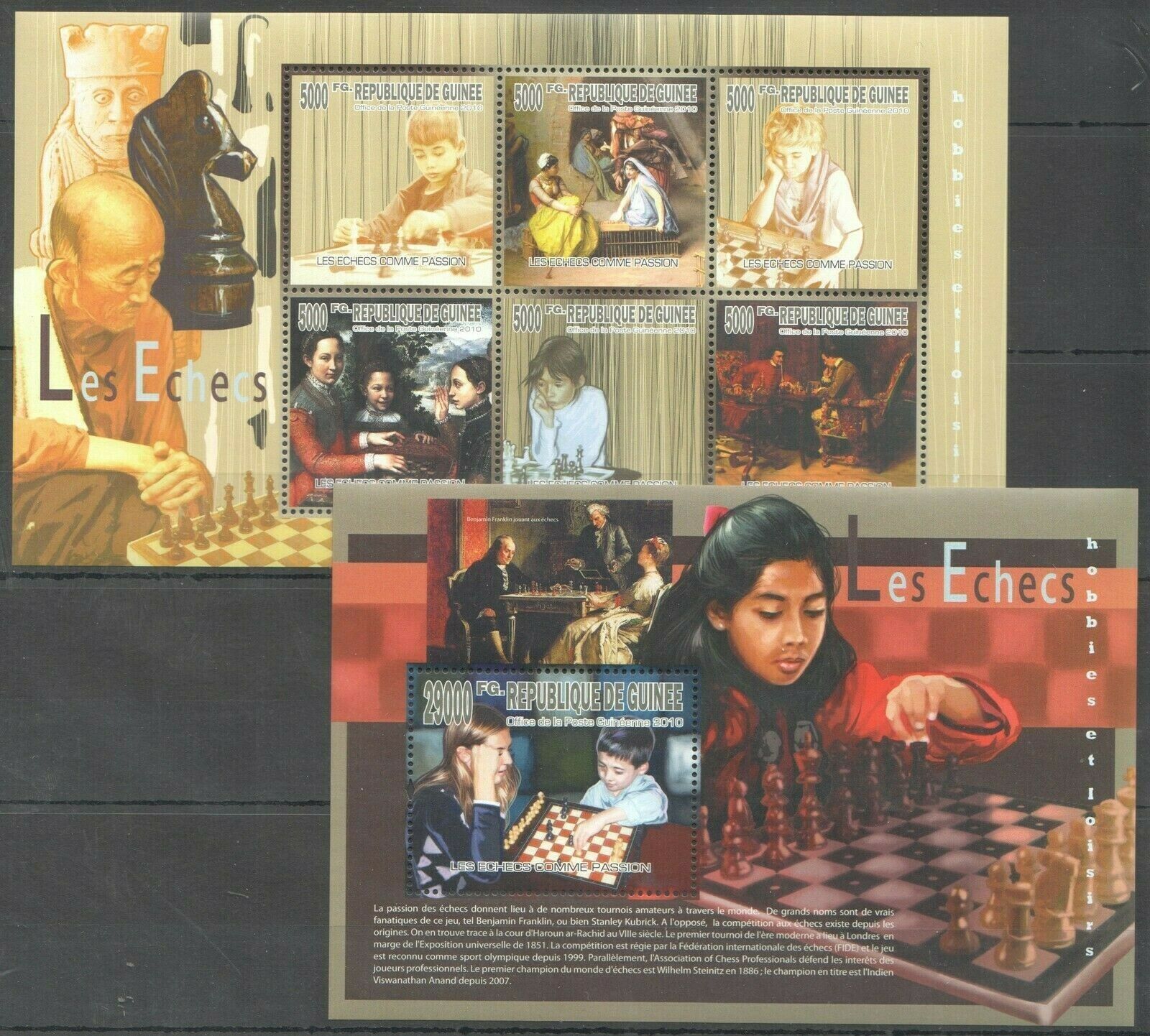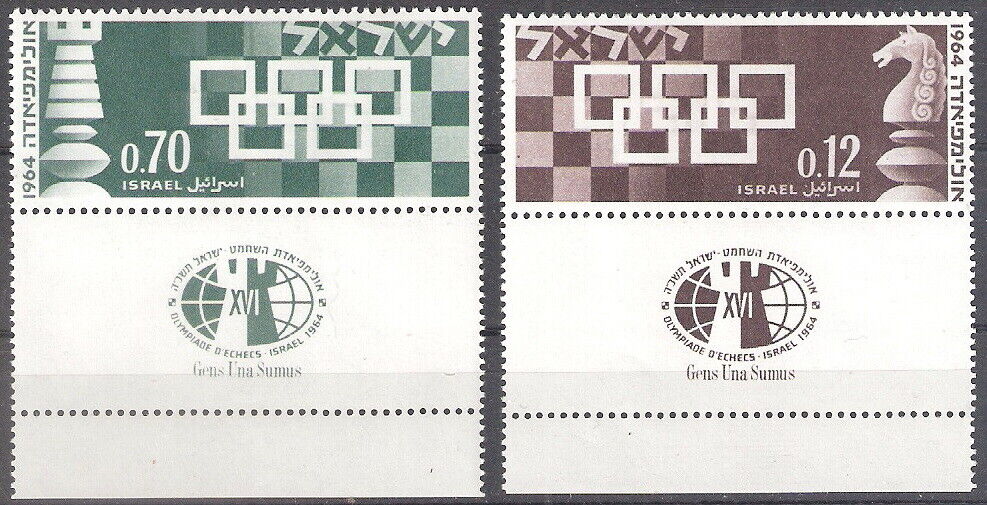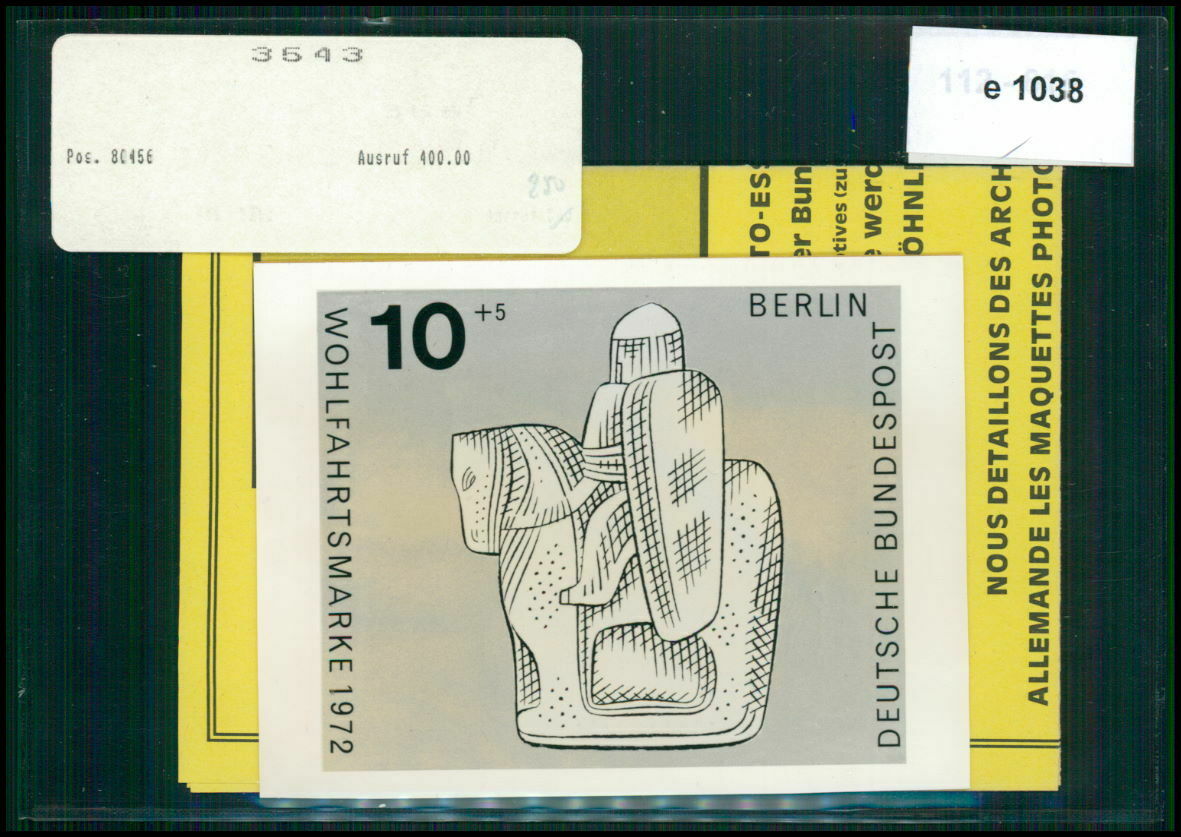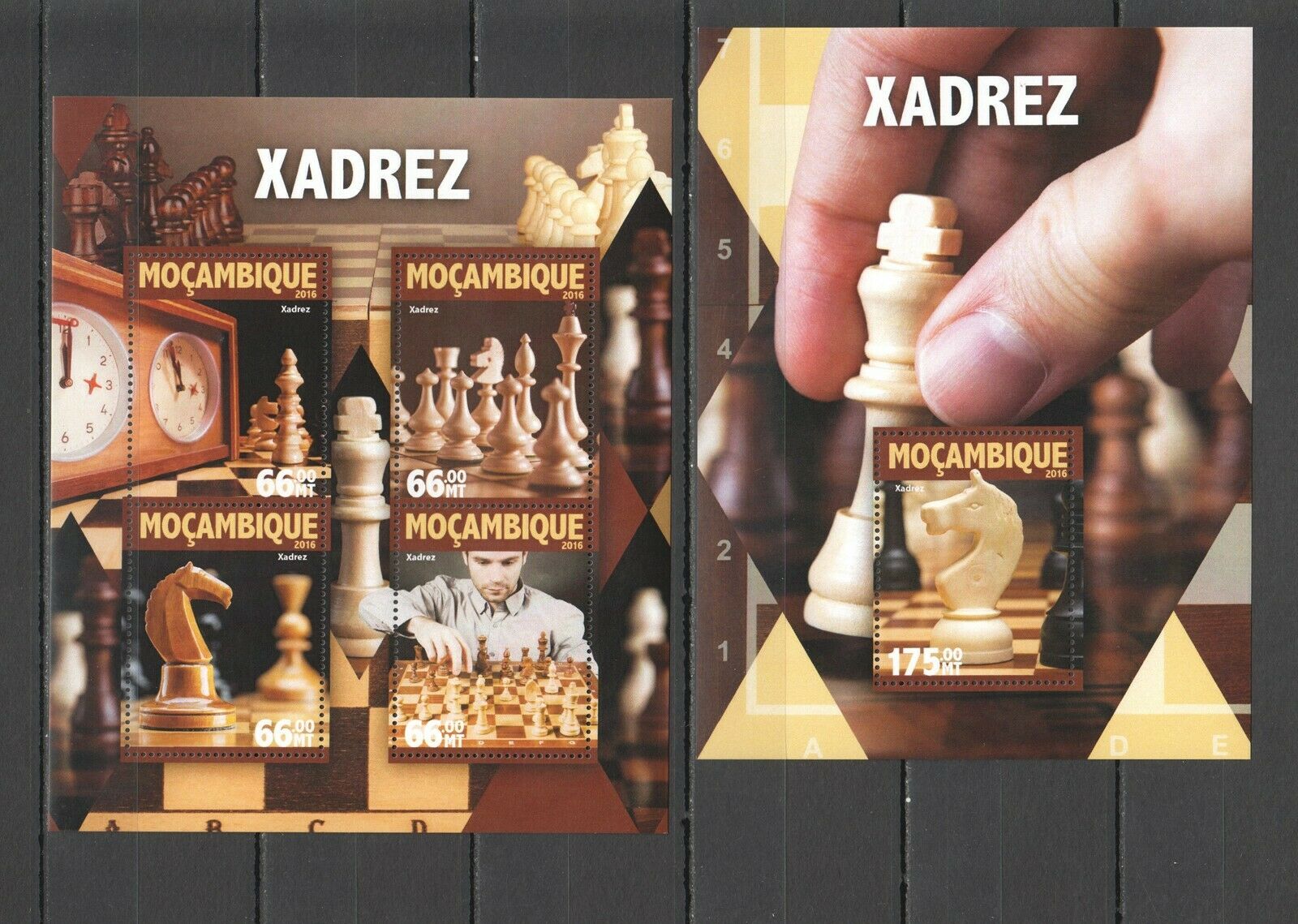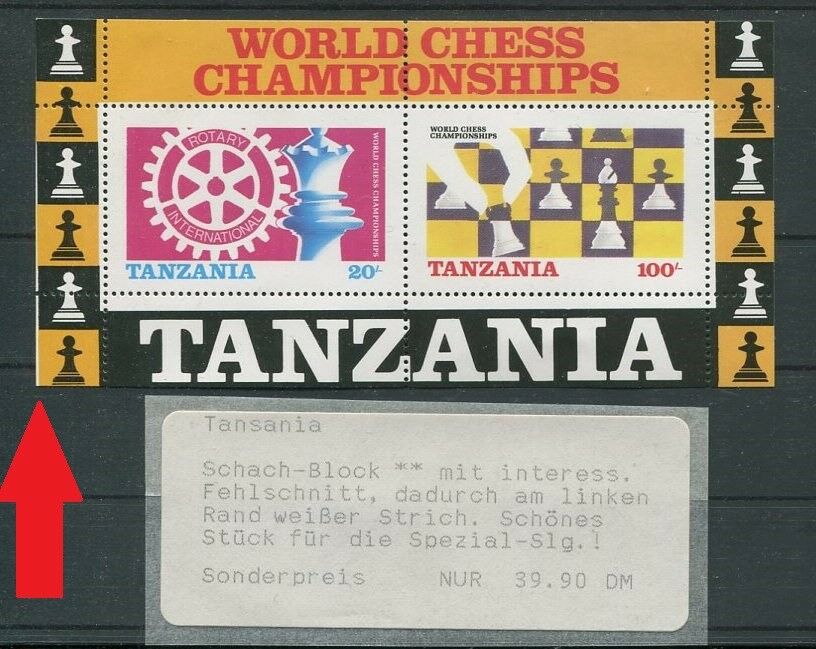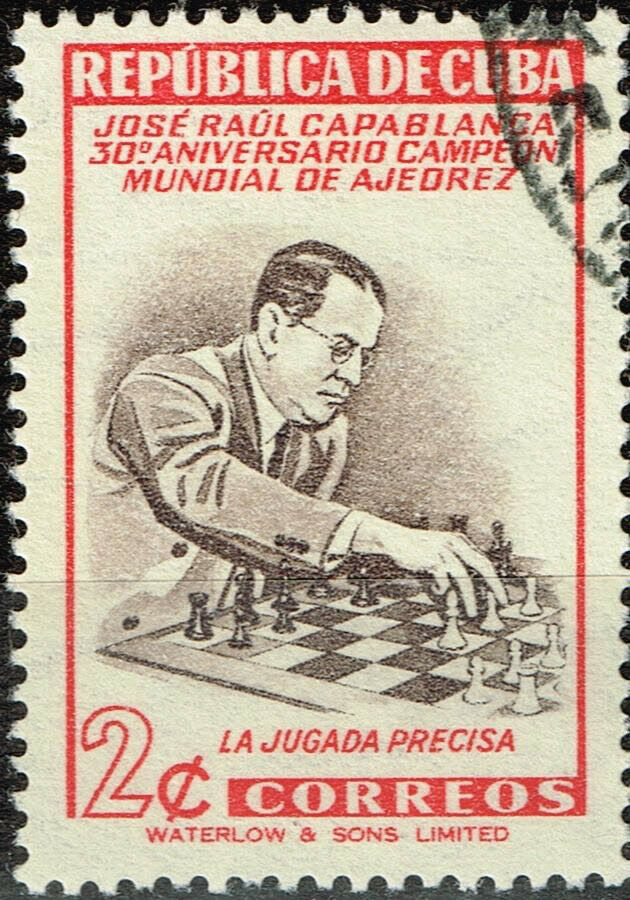-40%
Mosambicue Sport Chess Judit Polgar stamp 2001
$ 3.16
- Description
- Size Guide
Description
Very nice stamp.Judit Polgár
(born 23 July 1976) is a Hungarian chess player. She is generally considered the strongest female chess player of all time.[1] Since September 2015, she has been inactive as a tournament player. In 1991, Polgár achieved the title of Grandmaster at the age of 15 years and 4 months, at the time the youngest to have done so, breaking the record previously held by former World Champion Bobby Fischer. She was the youngest ever player to break into the FIDE top 100 players rating list, ranking No. 55 in the January 1989 rating list, at the age of 12. She is the only woman to play for a small-scale World Chess Championship, which she did in the FIDE World Chess Championship 2005; she had previously participated in large, 100+ player knockout tournaments for the world championship, but this was a small 8-player invitational. She is the first, and to date only, woman to have surpassed 2700 Elo (and thus the first and only woman to be a super grandmaster) reaching a career peak rating of 2735 and peak world ranking of No. 8, both achieved in 2005. She was the No. 1 rated woman in the world from January 1989 until her retirement on 13 August 2014. Polgár was born on 23 July 1976 in Budapest, to a Hungarian Jewish family. Polgár and her two older sisters, Grandmaster Susan and International Master Sofia, were part of an educational experiment carried out by their father, László Polgár, in an attempt to prove that children could make exceptional achievements if trained in a specialist subject from a very early age. "Geniuses are made, not born," was László's thesis. He and his wife Klára educated their three daughters at home, with chess as the specialist subject. László also taught his three daughters the international language Esperanto. They received resistance from Hungarian authorities as home-schooling was not a "socialist" approach. They also received criticism at the time from some western commentators for depriving the sisters of a normal childhood.
